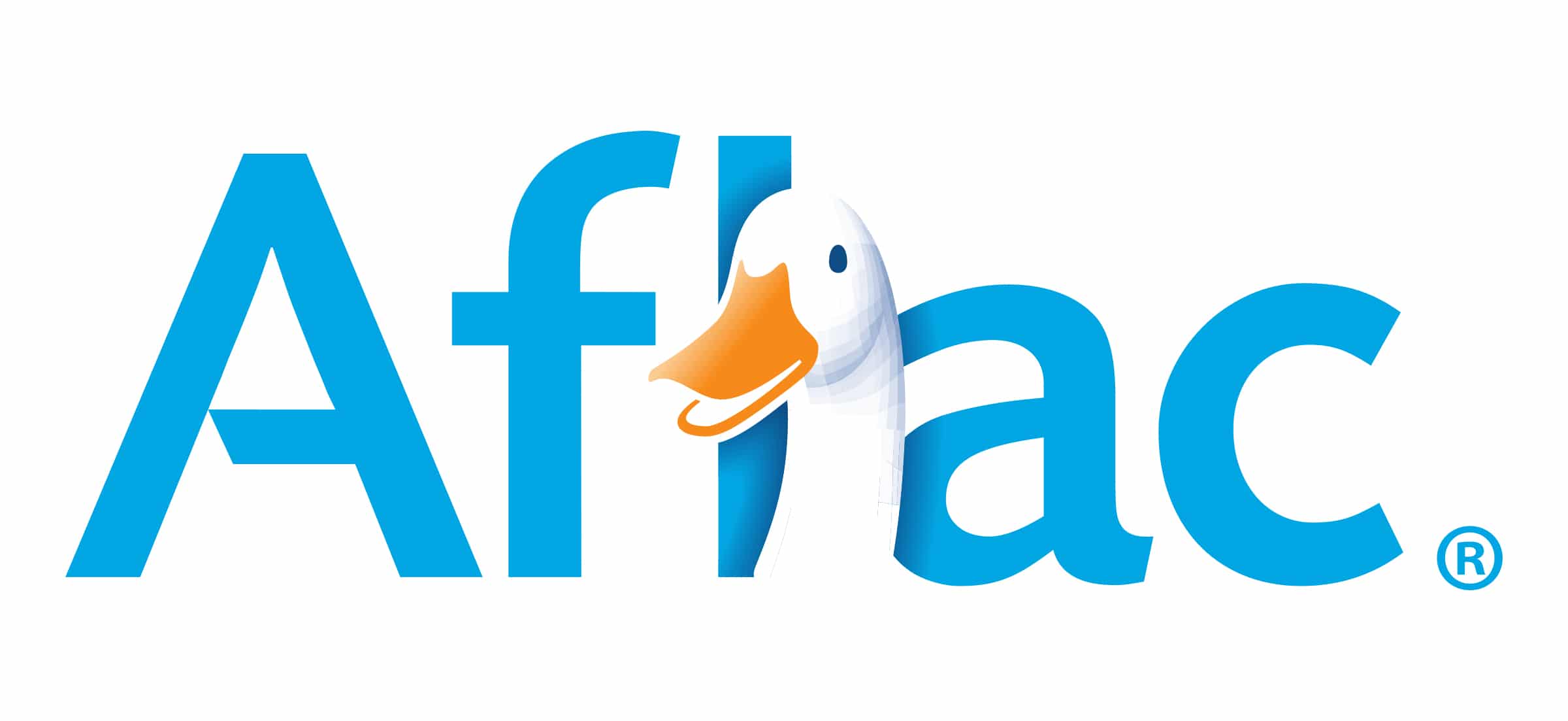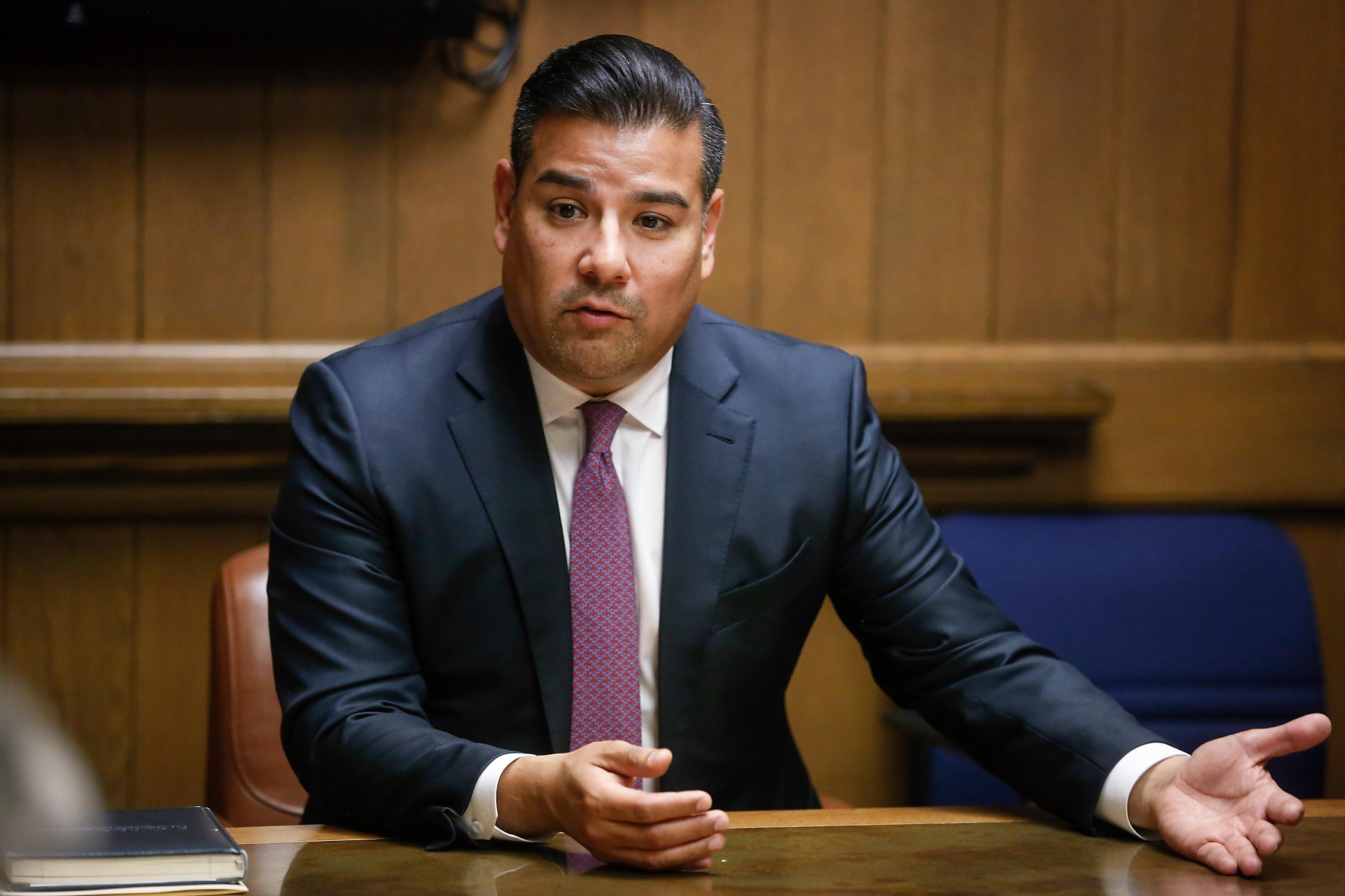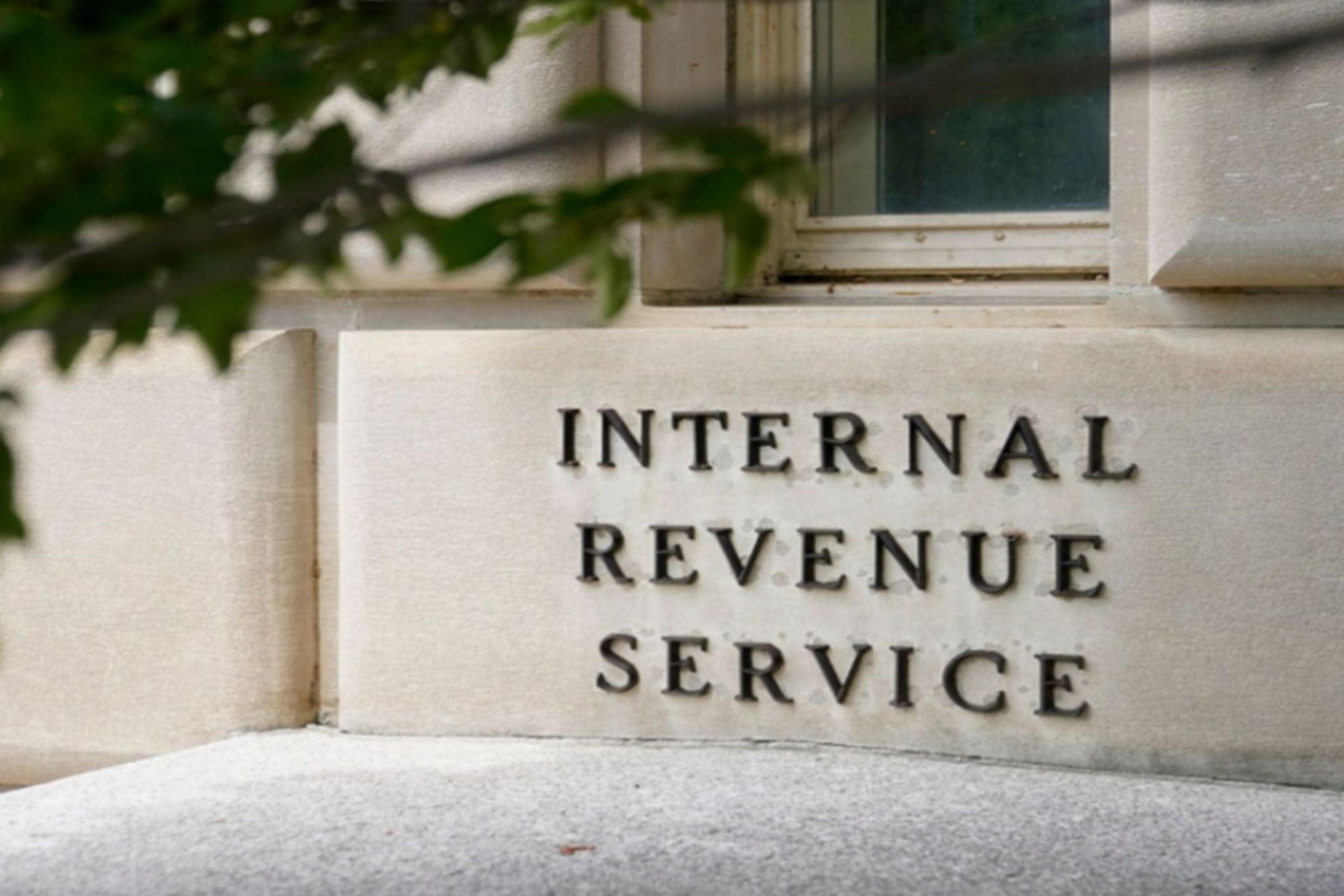Home>Finance>How Long Is The Grace Period After Cancelling Medicaid Insurance?


Finance
How Long Is The Grace Period After Cancelling Medicaid Insurance?
Published: February 20, 2024
Learn about the grace period after canceling Medicaid insurance and how it impacts your finances. Get insights on managing your finances during this transition.
(Many of the links in this article redirect to a specific reviewed product. Your purchase of these products through affiliate links helps to generate commission for LiveWell, at no extra cost. Learn more)
Table of Contents
Introduction
Medicaid plays a crucial role in providing healthcare coverage to millions of Americans, particularly those with limited financial resources. Understanding the intricacies of Medicaid insurance, including the grace period after cancellation, is essential for individuals and families reliant on this vital program. This article aims to shed light on the process of cancelling Medicaid insurance, the length of the grace period following cancellation, and the potential consequences of not renewing Medicaid coverage.
Navigating the complexities of healthcare coverage can be daunting, and Medicaid serves as a lifeline for many individuals and families who may otherwise struggle to access essential medical services. By delving into the nuances of Medicaid insurance and the implications of cancelling coverage, this article aims to provide clarity and guidance to those facing decisions regarding their healthcare options.
As we delve into the specifics of Medicaid insurance and its grace period after cancellation, it's important to recognize the significance of this program in ensuring that vulnerable populations have access to vital healthcare services. Whether you're considering cancelling Medicaid coverage or seeking insights into the implications of such a decision, this article aims to offer valuable information to empower informed decision-making.
Understanding Medicaid Insurance
Medicaid is a federal and state program that provides healthcare coverage to eligible low-income individuals, families, pregnant women, elderly adults, and people with disabilities. Administered by individual states within federal guidelines, Medicaid serves as a vital safety net, offering comprehensive medical benefits to those who may not have access to private health insurance.
Eligibility for Medicaid is determined based on income, household size, disability status, and other specific criteria set by each state. While the program is primarily designed to cater to low-income individuals and families, certain categories of individuals, such as pregnant women and children, may qualify for coverage even if their income exceeds the traditional Medicaid limits.
Medicaid coverage encompasses a wide range of essential healthcare services, including doctor visits, hospital care, prescription medications, preventive care, and long-term care for eligible individuals. Additionally, Medicaid often covers services that are not typically included in private health insurance plans, such as transportation to medical appointments, interpreter services for non-English speakers, and other support services that cater to the specific needs of Medicaid beneficiaries.
It’s important to note that Medicaid is not a one-size-fits-all program; rather, it is tailored to meet the diverse healthcare needs of its enrollees. As such, the scope of Medicaid benefits can vary by state, and states have the flexibility to design their own Medicaid programs within federal guidelines. This flexibility allows states to adapt Medicaid coverage to the unique healthcare landscape and demographics within their borders, ensuring that eligible individuals receive appropriate and comprehensive healthcare services.
Understanding the foundational principles of Medicaid insurance is crucial for individuals and families who rely on this program for their healthcare needs. By providing a comprehensive overview of Medicaid’s eligibility criteria, coverage scope, and tailored services, this article aims to equip readers with the knowledge necessary to navigate the complexities of Medicaid insurance and make informed decisions regarding their healthcare coverage.
Cancelling Medicaid Insurance
Cancelling Medicaid insurance can occur for various reasons, such as changes in income, household composition, or eligibility status. Individuals or families may find themselves in a position where they no longer qualify for Medicaid or have alternative healthcare coverage options, prompting the need to cancel their Medicaid insurance.
When considering cancelling Medicaid insurance, it is essential to understand the implications of this decision and the steps involved in the process. Depending on the circumstances prompting the cancellation, individuals may need to provide documentation or notify the appropriate state Medicaid agency of their intent to terminate coverage.
It’s important to approach the cancellation process with careful consideration, as discontinuing Medicaid coverage without securing alternative healthcare insurance can leave individuals and families vulnerable to gaps in medical care. Prior to initiating the cancellation, individuals should explore alternative coverage options, such as employer-sponsored health plans, Health Insurance Marketplace plans, or other state-specific healthcare programs, to ensure seamless continuity of healthcare coverage.
Furthermore, understanding the potential impact of cancelling Medicaid insurance on access to essential medical services and prescription medications is crucial. Individuals should assess their healthcare needs and consider how the transition from Medicaid to alternative coverage may affect their ability to maintain continuity in care and access necessary treatments.
By providing insights into the process of cancelling Medicaid insurance and highlighting the considerations that individuals and families should bear in mind, this article aims to empower readers with the knowledge needed to navigate this critical decision and its implications for their healthcare coverage.
Grace Period After Cancelling Medicaid Insurance
After cancelling Medicaid insurance, individuals may wonder about the existence of a grace period during which they can secure alternative healthcare coverage without facing immediate gaps in medical benefits. While the specifics of the grace period can vary by state and individual circumstances, it’s important to understand the general considerations associated with this transitional period.
In some instances, individuals who have cancelled their Medicaid insurance may be eligible for a grace period during which they can explore and secure alternative healthcare coverage. This grace period serves as a buffer, allowing individuals to transition from Medicaid to a new insurance plan without experiencing interruptions in essential medical services.
During the grace period, individuals should proactively research and enroll in alternative healthcare coverage options to ensure a seamless transition. This may involve exploring employer-sponsored health plans, enrolling in a Health Insurance Marketplace plan, or investigating state-specific healthcare programs that align with their needs and eligibility criteria.
It’s crucial for individuals to be aware of the duration of the grace period and any specific guidelines or requirements associated with maintaining continuous healthcare coverage. Understanding the parameters of the grace period empowers individuals to make informed decisions and take proactive steps to secure alternative insurance within the designated timeframe.
Additionally, individuals should stay informed about any potential implications of exceeding the grace period without securing alternative coverage. Gaps in healthcare insurance can have significant ramifications, impacting access to medical care, prescription medications, and essential healthcare services. By leveraging the grace period effectively, individuals can mitigate the risk of experiencing disruptions in their healthcare coverage.
By shedding light on the concept of the grace period after cancelling Medicaid insurance and emphasizing the importance of proactive transition to alternative healthcare coverage, this article aims to equip readers with the knowledge and awareness necessary to navigate this critical phase and safeguard their access to essential medical services.
Consequences of Not Renewing Medicaid Coverage
Failure to renew Medicaid coverage can have significant ramifications for individuals and families, potentially leading to disruptions in access to essential healthcare services and medical benefits. Understanding the consequences of not renewing Medicaid coverage is paramount, as it empowers individuals to take proactive steps to maintain continuous healthcare insurance and mitigate potential adverse effects.
One notable consequence of not renewing Medicaid coverage is the risk of experiencing gaps in healthcare insurance. Without active coverage, individuals may encounter challenges in accessing routine medical care, prescription medications, preventive services, and specialized treatments. These gaps can have detrimental effects on overall health and well-being, particularly for individuals managing chronic conditions or requiring ongoing medical attention.
Furthermore, individuals who fail to renew Medicaid coverage may encounter barriers in obtaining timely medical attention and treatment for emergent healthcare needs. The absence of active insurance can lead to financial strain, as individuals may be responsible for shouldering the full cost of medical services and treatments until alternative coverage is secured.
Non-renewal of Medicaid coverage can also impact individuals’ ability to access prescription medications at affordable rates, potentially leading to increased out-of-pocket expenses or challenges in obtaining essential medications critical to their health management.
Moreover, individuals who do not renew Medicaid coverage may face hurdles in seeking specialized care, diagnostic procedures, and therapies, as healthcare providers and facilities may require active insurance verification before administering certain services.
By highlighting the potential consequences of not renewing Medicaid coverage, this article aims to underscore the importance of maintaining active healthcare insurance and navigating the renewal process diligently. Understanding the implications of non-renewal empowers individuals to prioritize the continuity of their healthcare coverage and take proactive measures to ensure uninterrupted access to vital medical services and treatments.
Conclusion
As we conclude our exploration of Medicaid insurance and the considerations surrounding its cancellation and renewal, it’s evident that navigating the intricacies of healthcare coverage demands careful attention and informed decision-making. Medicaid serves as a lifeline for millions of individuals and families, offering essential access to medical services and treatments that contribute to overall well-being and quality of life.
Understanding the implications of cancelling Medicaid insurance, the existence of a grace period post-cancellation, and the potential consequences of non-renewal is pivotal in ensuring seamless continuity of healthcare coverage. Individuals and families reliant on Medicaid must approach decisions regarding coverage with diligence, exploring alternative insurance options and proactively managing transitions to safeguard access to essential medical benefits.
By shedding light on these critical aspects of Medicaid insurance, this article aims to empower readers with the knowledge and awareness necessary to navigate the complexities of healthcare coverage. It is crucial for individuals to stay informed about their eligibility status, renewal requirements, and alternative coverage options, thereby ensuring that their healthcare needs are met with continuity and reliability.
Ultimately, the goal is to equip individuals and families with the resources and insights needed to make informed choices regarding their healthcare coverage, thereby fostering a seamless and uninterrupted access to vital medical services. By prioritizing proactive decision-making and a thorough understanding of Medicaid insurance dynamics, individuals can navigate transitions, cancellations, and renewals with confidence and clarity, safeguarding their well-being and healthcare security.
As we look to the future, it is imperative to recognize the significance of Medicaid as a cornerstone of healthcare accessibility and to approach decisions regarding its coverage with thoughtful consideration and proactive planning. By doing so, individuals and families can navigate the complexities of healthcare coverage with resilience and ensure continued access to the medical services that are essential to their health and well-being.














